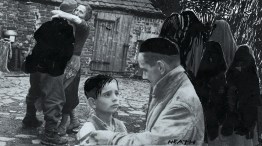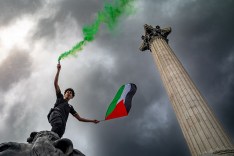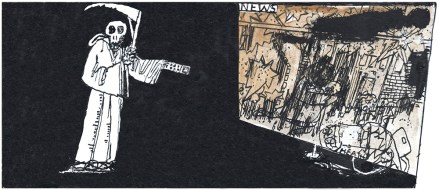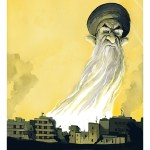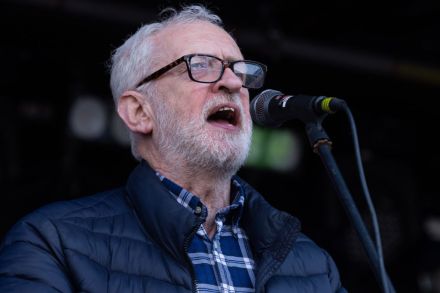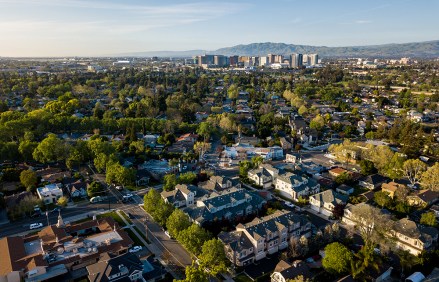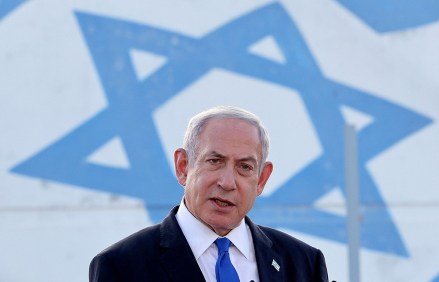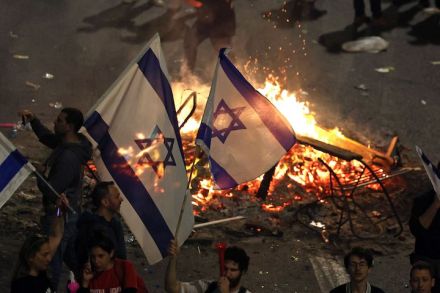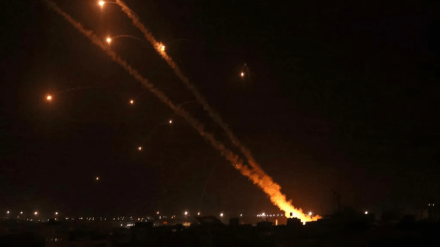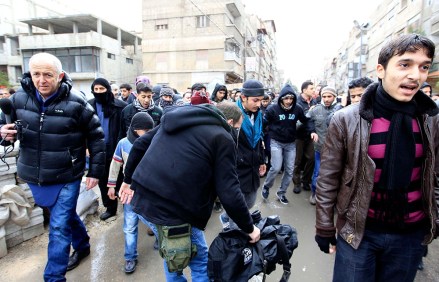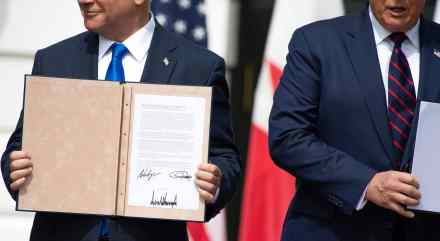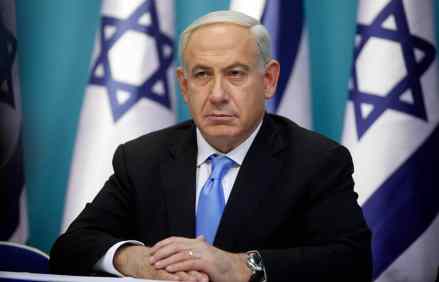Why do I need security guards so I can play Shylock?
These are very odd times. The project of my life – The Merchant of Venice 1936, which sets Shakespeare’s play in East End London during the rise of Oswald Mosley’s Blackshirts – was postponed because of Covid, but is now alive and kicking. It’s kicking hard. We’re on a ten-week tour and I’ve been moved beyond words at the reactions of audiences and critics. Yet for the last week, the production has had to have security men around keeping an eye on things. It’s like a dystopian nightmare. A Jewish actress putting on a play about anti-Semitism which needs to be made secure because of Jew-hating extremists. As one reviewer




